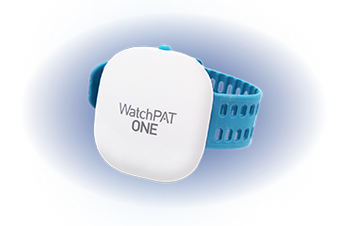-
15% OFF
LiViliti Cleaning Bundle
Rated 4.8 out of 5 stars11 ReviewsSale price $ 38198Unit price per$44939Sale -
15% OFF
CPAP Mask and Hose Cleaning Bundle
Rated 4.7 out of 5 stars6 ReviewsSale price $ 5298Unit price per$6233Sale -
-
NUWAVE® Plus CPAP Sanitizer
Rated 4.8 out of 5 stars4 ReviewsSale price $ 18900Unit price per -
LiViliti Paptizer Smart CPAP Sanitizer
Rated 5.0 out of 5 stars5 ReviewsSale price $ 32900Unit price per -
25% OFF
Lumin CPAP Cleaner
Rated 5.0 out of 5 stars3 ReviewsSale price $ 23900Unit price per$31900Sale -
CPAP Scented Wipes
Rated 4.3 out of 5 stars3 ReviewsSale price $ 1100Unit price per -
CPAP Mask & Hose Soap
Rated 5.0 out of 5 stars1 ReviewSale price $ 899Unit price per -
CPAP Hose Brush
Rated 5.0 out of 5 stars2 ReviewsSale price $ 1099Unit price per -
CPAP Mask Travel Wipes
Sale price $ 1300Unit price per -
33% OFF
CPAP Dust Cover
Rated 5.0 out of 5 stars1 ReviewSale price $ 1200Unit price per$1800Sale -
-
-
NUWAVE® Ozone Filter
Sale price $ 1000Unit price per -
Sunset Healthcare Solutions Filter and Check Valve Kit for SoClean 2 CPAP Cleaning Device
Rated 4.0 out of 5 stars2 ReviewsSale price $ 3000Unit price per
















